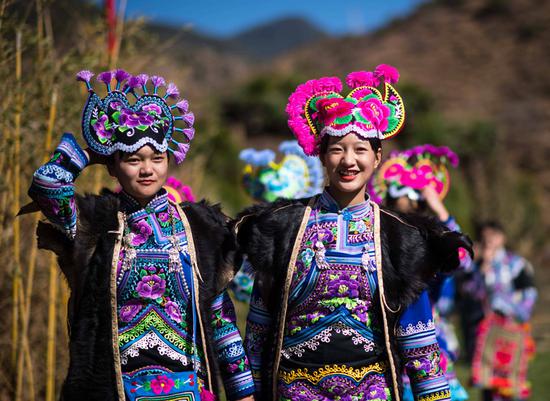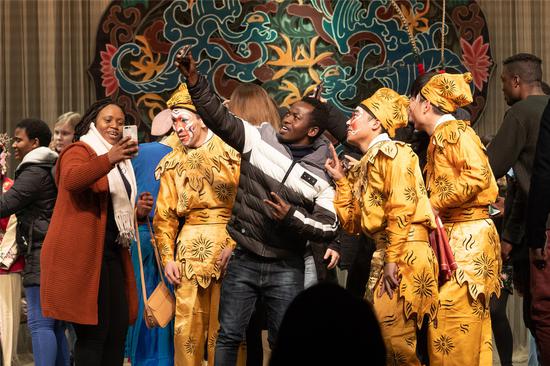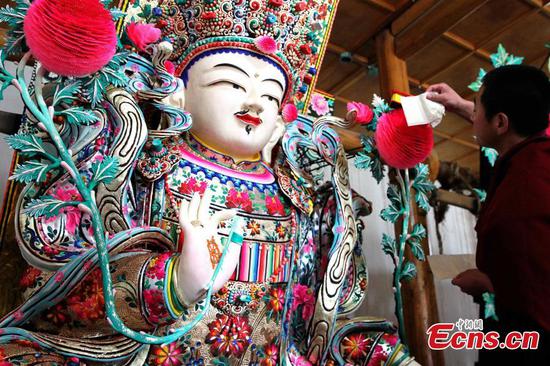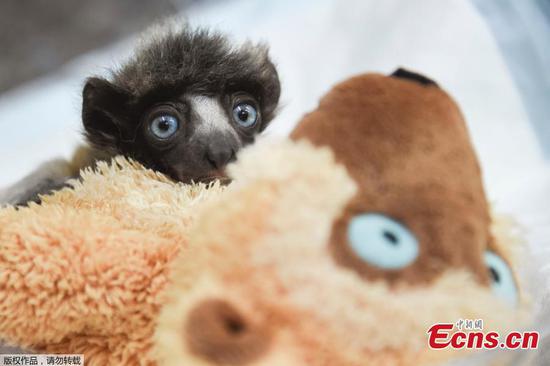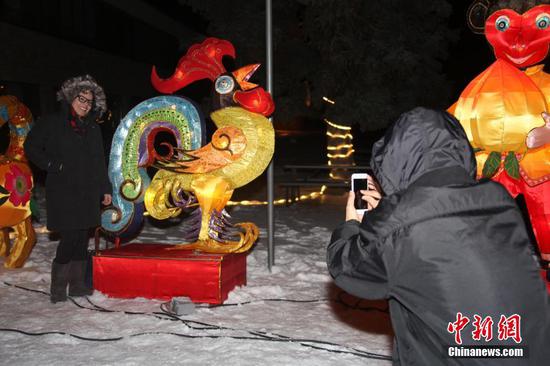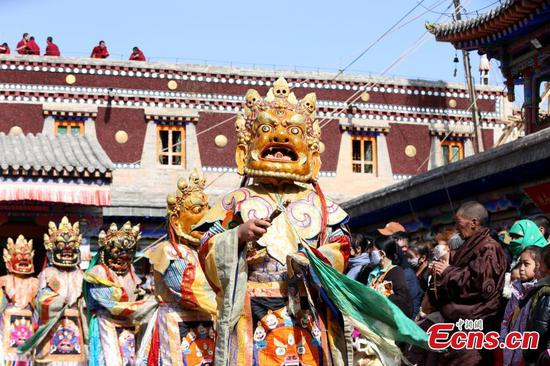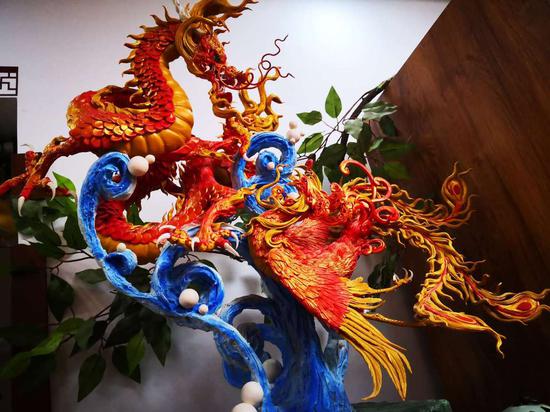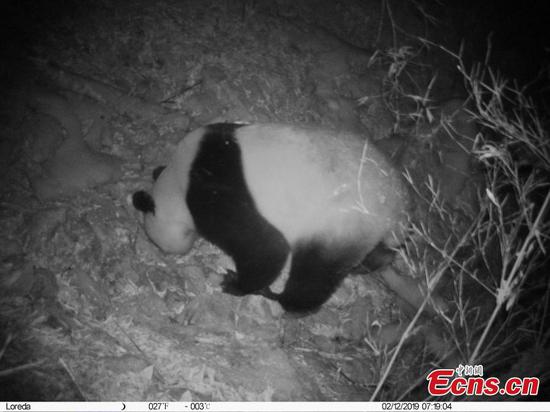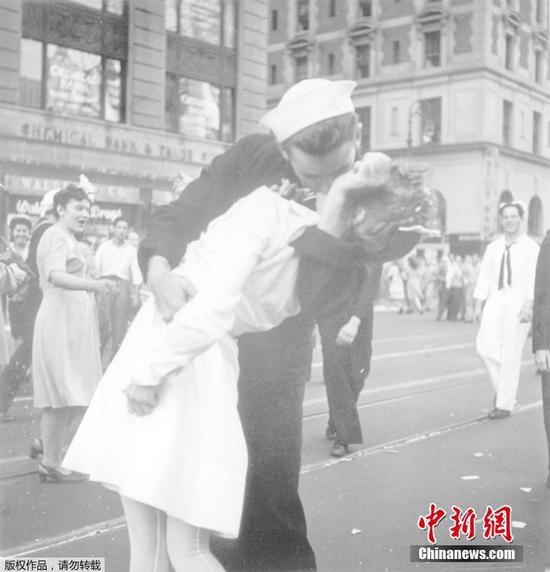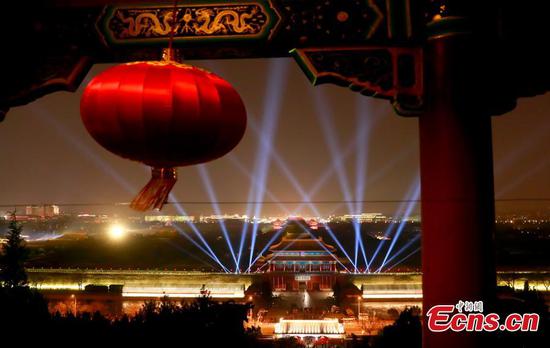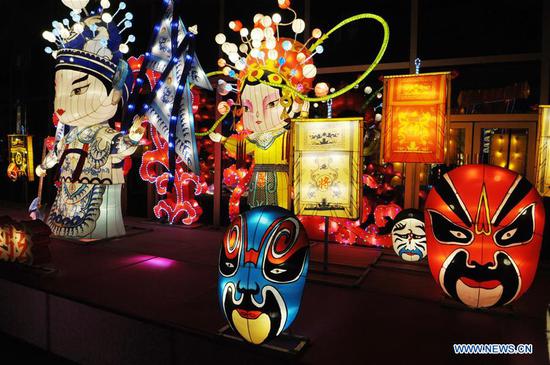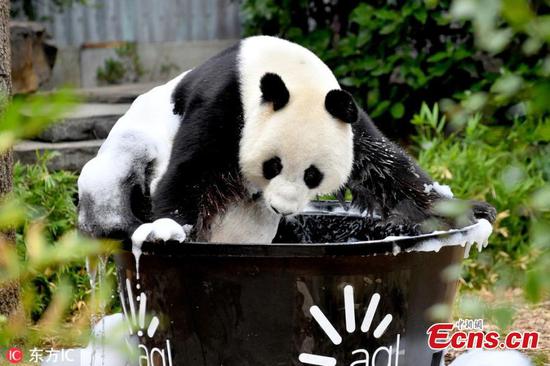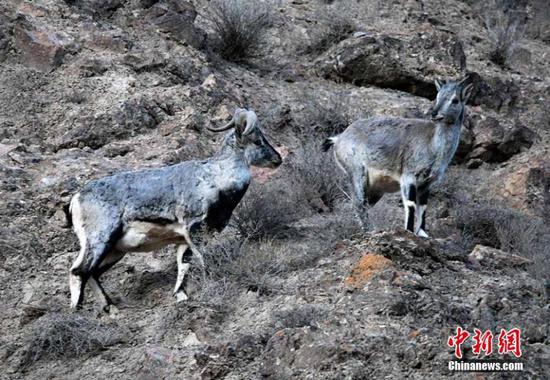China supports a Tanzanian court's decision sentencing a Chinese woman to 15 years in jail for ivory smuggling, the Chinese Foreign Ministry spokesperson said on Wednesday, stressing that "the Chinese government holds 'zero tolerance' toward the illegal trade of endangered animals and their products."
Yang Fenglan, a Chinese businesswoman dubbed as the "Ivory Queen," was sentenced to 15 years in prison on Tuesday for smuggling the tusks of more than 350 elephants, weighing nearly two tons, to Asia, Reuters reported on Tuesday.
Foreign Ministry spokesperson Geng Shuang said at a Wednesday briefing that China supports the Tanzanian authority in dealing with the case based on law, and is willing to join hands with other countries to protect endangered animals and crack down on the illegal trade.
He said China won't take sides on its citizens' criminal activities and supports the Tanzanian side in dealing with this case in accordance with laws.
China has gradually taken measures to enforce a ban on ivory products since 2015, and have been well-received by the international community, Geng said.
China banned the trade of ivory and ivory products at the end of 2017. Following the ban, Chinese customs authorities also strengthened their ties in the fight against ivory smuggling.
An official at the Kunming customs in South China's Yunnan Province told the Global Times that since the ban, they have been cooperating with police, wildlife organizations and custom offices in other countries, to enforce stricter checks and to crack down on ivory trafficking.
The State Forestry and Grassland Administration also conducted a series of measures to raise public awareness. These include distributing leaflets to passengers entering and leaving the nation and showing infomercials on flights, administration publicity officer Wang Libin told the Global Times on Wednesday.
"By closing its ivory markets, China is showing its commitment to ending the poaching epidemic plaguing Africa's elephants," Ginette Hemley, WWF US Senior Vice President and TRAFFIC Board Member, said in a statement sent to the Global Times by WWF in December 2017.
She noted that it is also critical that efforts to ban the ivory trade are accompanied by efforts to change consumer behavior to reduce demand.
Geng also reminded Chinese citizens who travel to Africa to enhance their legal awareness and not to bring back wildlife products such as ivory and rhinoceros horns.
The number of Chinese mainland stores selling ivory has fallen by 30 percent since 2017, according to a survey sent to the Global Times in September 2018 from the Beijing office of TRAFFIC.
The average number of ivory advertisements declined by 26.6 percent on websites and 10.6 percent on social media platforms since the ban was enforced, the report said.
However, Sun Quanhui, a senior scientific adviser at the international NGO World Animal Protection, told the Global Times that some ivory products have been smuggled directly into China from Africa, and some have transited through Southeast Asian countries, such as Vietnam, to South China's Guangxi Zhuang Autonomous Region.









